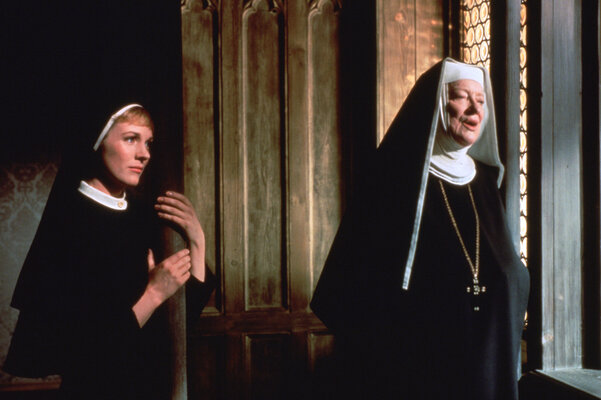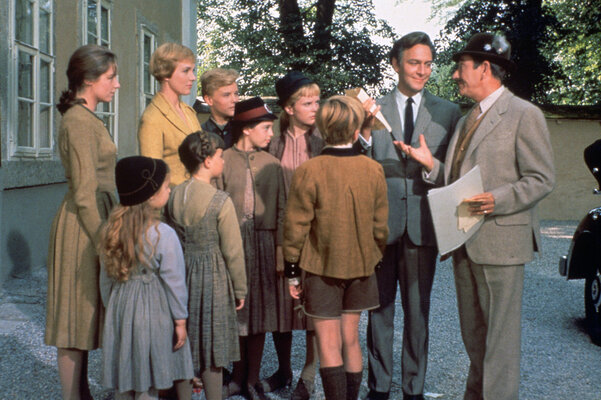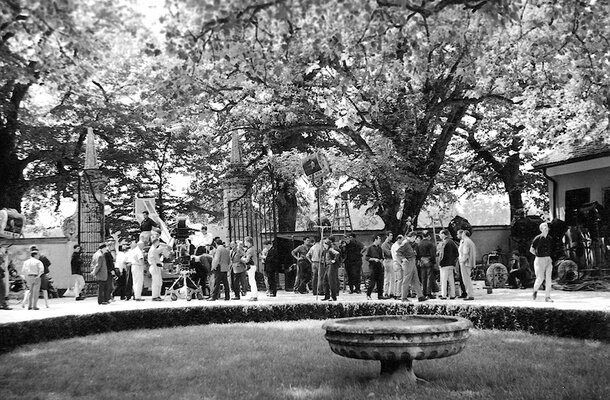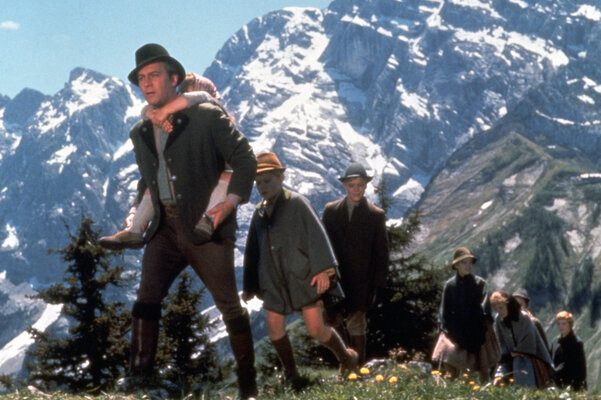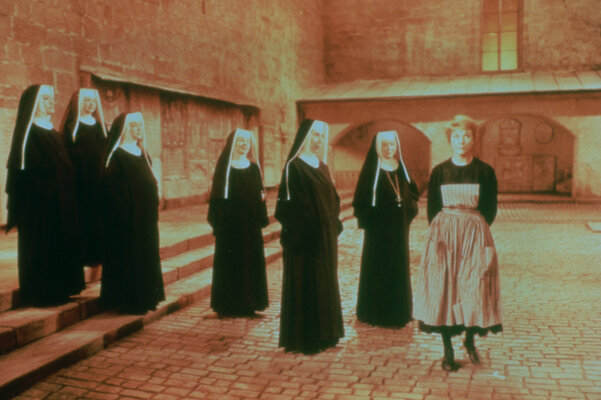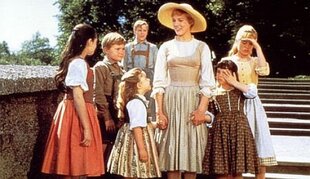Sound of Music
The German Movies
Due to the success of the Trapp Family Singers through their concerts and tours throughout the United States, various publishers tried to convince Maria to write her memoirs and the story of the family choir. After her initial hesitation, Maria von Trapp’s story was finally published in 1949. "The Story of the Trapp Family Singers" became one of the best-loved books in America. The German version was published in 1952 under the title "Vom Kloster zum Welterfolg" – From the Abbey to Success.
Despite earlier concert trips in Austria and sending relief parcels to war stricken families after WWII, the family was practically unknown but this book raised their popularity. The touching story of the novice, who lovingly took care of children who had lost their mother and then going on to become a Baroness, piqued the interest of a German film company who produced two films - "The Trapp Family" (1956) and subsequently "The Trapp Family in America" (1958).
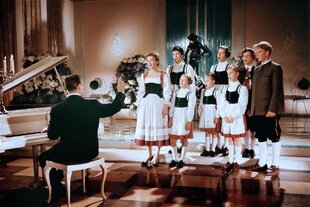
Maria was actively involved in writing the screenplay for both the films, so they accurately portray the eventful life of the Baron and his family.
Both films became box office successes in Germany and Austria, partly due to the famous actors and actresses in the leading roles: Ruth Leuwerick as Maria von Trapp, Hans Holt as Baron von Trapp and Joseph Meinrad as Dr. Wasner. The films were known as "Heimatfilm" (Fatherland film), a genre that was extremely popular in the post-war German speaking world.
Idea, creation and filming of
The Hollywood production
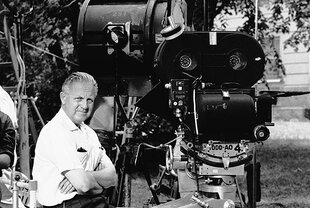
This success was watched closely by Hollywood producers who decided they wanted to make a film of the musical. The screenplay was again based on the memoirs of the Baroness von Trapp. They bought the rights to the film from the German producers and it is a well-known fact that Maria made very little profit from the first German films and did not profit at all from the later success of “The Sound of Music”.
Some of the scenes in the film echo the direction done in the original films by their German colleagues even though “The Sound of Music” makes significant departures from the real story.
This upsets Trapp-purists but has not harmed the film’s continuing worldwide success and it’s memorable songs.

